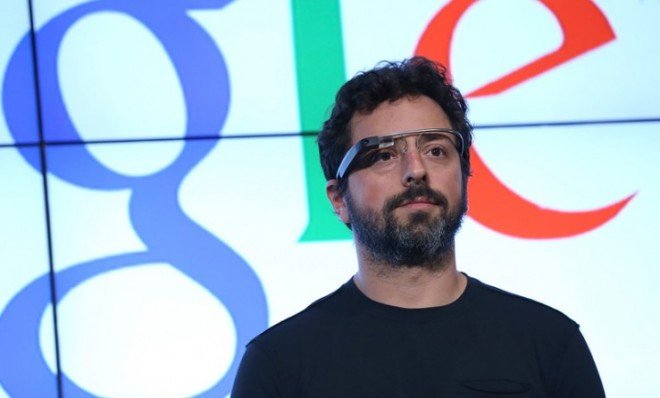MOSCOW, May 13 (RAPSI) - A plethora of US business owners are taking a stand against hot new tech product Google Glass, according to a Daily Mail report published Monday.
The Daily Mail claimed that café owners in the US have followed the lead of movie theaters, casinos, and “lap dance clubs” that have banned the use of the technology on their premises based on privacy concerns. According to the report, banks and park departments are mulling bans of their own based on similar concerns.
The central issue is the concern that wearers of Google Glass can record their audio and visual surroundings in a manner far more conspicuous than by use of a smart phone or standard video recorder.
This isn’t the only pending privacy battle Google is currently embroiled in.
In early April, data protection authorities in France, Germany, Italy, the Netherlands, Spain, and the UK launched actions disputing Google’s privacy policy in their respective jurisdictions, according to a statement issued by French internet privacy watchdog the Commission nationale de l’informatique et des libertés (CNIL).
The actions came on the heels of an investigation carried out by the Article 29 Data Protection Working Party, an independent advisory group established by the European Parliament for purposes of protecting personal data and free movement of such.
Early last year, Google announced that a new privacy policy and new terms of service would soon take effect. According to an earlier CNIL statement, the policy shift raised a number of questions.
According to the CNIL press release, the Article 29 Working Party carried out an investigation from March through October 2012. CNIL was mandated to lead the investigation. In light of the Working Party’s findings, EU Data protection authorities forwarded Google a set of recommendations and asked for its compliance within four months.
A copy of a letter from the Working Party to Google published by Ireland’s Data Protection Commissioner reveals that these recommendations included – among other things – the suggestion that Google should disclose the ways in which personal data will be processed on each distinct service, and that it should detail how data would be combined across services.
Google did not meet this deadline, and did not institute any changes following a meeting with the data protection authorities of the six countries filing actions.
According to CNIL, “The article 29 working party’s analysis is finalized. It is now up to each national data protection authority to carry out further investigations according to the provisions of its national law transposing European legislation.”
In a separate privacy battle last March, Google settled a case brought by 38 states challenging privacy concerns with Google Maps after acknowledging that the program had violated the privacy of its users, according to a report by the New York Times.



